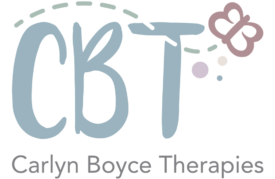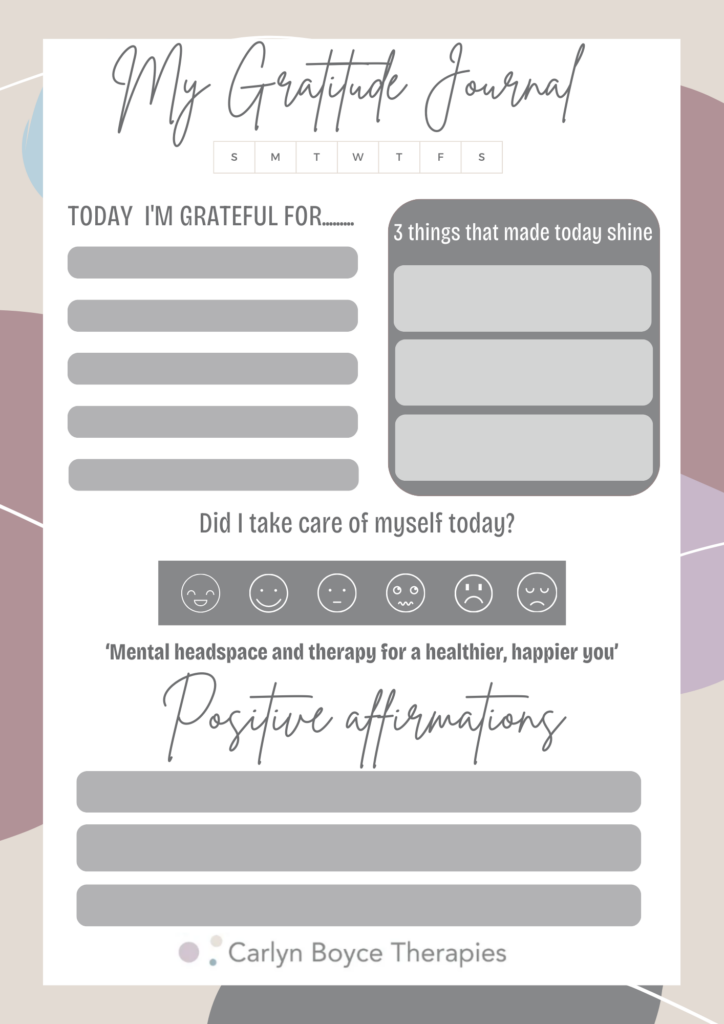What is gratitude journaling?
Gratitude journaling is a powerful practice to enhance your well-being by focusing on the positive aspects of your life
A gratitude journal is a tool that helps you cultivate an attitude of thankfulness by regularly writing down things you're grateful for. Gratitude itself isn't a new concept ( it shouldn’t be), though it might feel like it because we often overlook it in our busy lives. Despite its simplicity, practising gratitude can be challenging, especially when we're caught in negative cycles of thought and emotion. When we're focused on what's going wrong, it can be hard to recognise the positives in our lives.
However, even on tough days, there are always things to appreciate, no matter how small. These could be as simple as waking up in the morning, having a roof over your head, or being able to brush your teeth. These small moments of comfort and stability might seem trivial, but they hold significant value. Gratitude doesn't have to be about grand gestures or life-changing events like winning the lottery or getting a new car. It's about acknowledging the everyday things that bring you a sense of well-being.
It's important to remember that gratitude is also about appreciating yourself. Even if it feels difficult, recognising the effort it takes to get out of bed in the morning is a form of self-gratitude. By consistently focusing on these seemingly minor aspects, you can shift your mindset and start to see the positive side of life more clearly, ultimately improving your overall well-being.
Gratitude journaling can be hard!
Gratitude journaling can be challenging for several reasons. It’s a new habit, and like any habit, it takes time and effort to develop. You might have already formed habits that negatively impact your life, but this also shows that you can teach yourself new, more positive habits. While starting a gratitude journal may feel daunting, it's ultimately about making a choice—a choice to create a positive change in your life. By committing to this new habit, you can gradually shift your focus towards positivity and improve your overall well-being.
Things to look out for before you start :
1. Negative Mindset: When you’re stuck in a cycle of negative thoughts or emotions, it can be difficult to shift your focus to positive aspects of your life. In times of stress, anxiety, or depression, negativity can become overwhelming, making it hard to see anything worth appreciating.
2. High Expectations: Some people believe that gratitude has to be about big, life-changing events. This mindset can make it challenging to recognise and appreciate the small, everyday things, leading to a sense that there’s nothing significant to be grateful for.
3. Lack of Practice: If you’re not used to reflecting on what you’re grateful for, it can feel awkward or unnatural at first. Like any new habit, gratitude journaling takes time to develop and may feel forced or superficial until it becomes more ingrained.
4. Busy or Distracted: In a fast-paced world, it can be hard to find the time or mental space to sit down and reflect. Daily responsibilities and distractions can push gratitude journaling down the priority list, making it easy to skip or forget.
5. Perfectionism: Some people may struggle with the idea that their gratitude entries need to be perfect or profound. This pressure can make it difficult to simply write down what comes to mind, leading to avoidance or procrastination.
6. Emotional Resistance: Sometimes, people may resist gratitude journaling because it requires them to confront their emotions or admit that things aren’t as bad as they seem. This can be uncomfortable, especially if they’re used to focusing on what’s wrong rather than what’s right.
7. Unrealistic Expectations: If someone expects immediate, dramatic changes in their mood or life after starting a gratitude journal, they might become discouraged if the benefits aren’t instantly apparent. Gratitude journaling is a long-term practice, and its effects can take time to manifest.
I’m not mentioning these points to discourage you but rather to help you be aware of potential challenges. You might realise, for example, that you have perfectionist tendencies or that you’re stuck in a negative mindset. Recognising these patterns can help you see that the challenges mentioned above may be what you’re experiencing. This awareness can guide you to consider whether starting a gratitude journal could be a positive step toward making a change.
These challenges can make it difficult to start or maintain a gratitude journaling habit, but with patience and persistence, it can become a powerful tool for improving mental well-being.
How can I start?
Gratitude journaling might seem challenging, but it's simpler than you think. I’m going to share a few easy tips to help you get started on your journey because it really can be that easy. While it's easy to say, I hope that these tips will truly help you begin cultivating a more positive, grateful, and abundant life.
Gratitude journaling is a powerful practice to enhance your well-being by focusing on the positive aspects of your life. Here are three simple steps to start:
1. **Set Aside Time Daily**: Choose a consistent time each day—morning or evening works well—to reflect on and write down the things you are grateful for. This helps build the habit and makes it part of your daily routine.
2. **Focus on Specifics**: Rather than writing general statements like "I'm grateful for my family," be specific about what you appreciate. For example, "I'm grateful for the support my sister gave me today when I was stressed."
3. **Reflect on the Positive Impact**: Consider why each thing you write down is meaningful to you. Reflect on how it made your day better, how it contributes to your overall happiness, or how it adds value to your life. This deepens the impact of the gratitude practice.
Here’s what I was grateful for today while writing this blog post:
- I was grateful for my son's smile when he came into my room to say good morning.
- I appreciated being able to listen to music and dance in the kitchen while making breakfast.
- I’m also grateful for the opportunity to write this post, as it allows me to encourage and support others on their journey to a more positive outlook on life. I’m truly thankful to be in a position where I can offer that support.
Why not kickstart your journey with my free gratitude journal, designed to help you get started? You can also find it and other resources in the resources section of my website, under "Happy Gratitude Journalling’’

